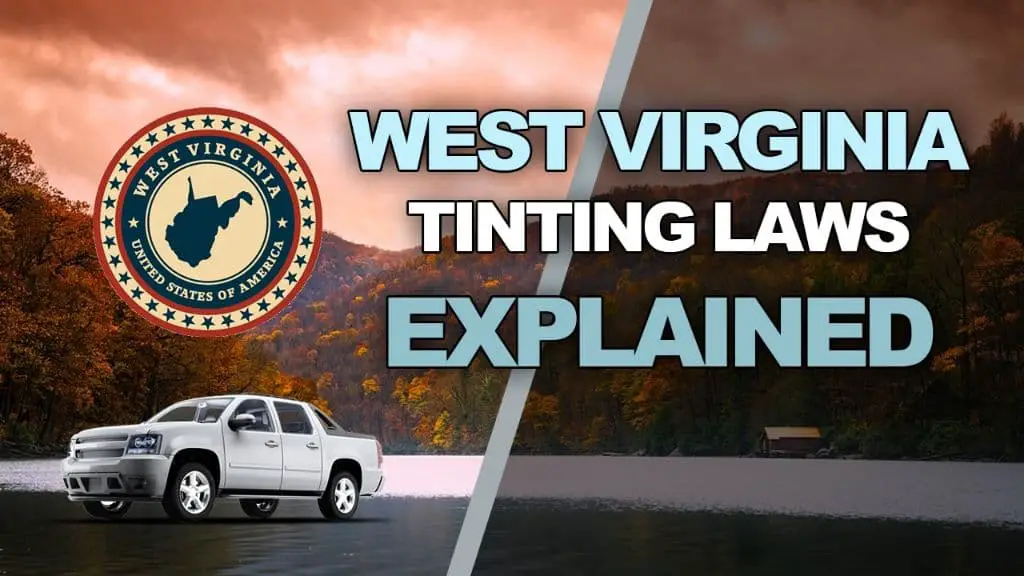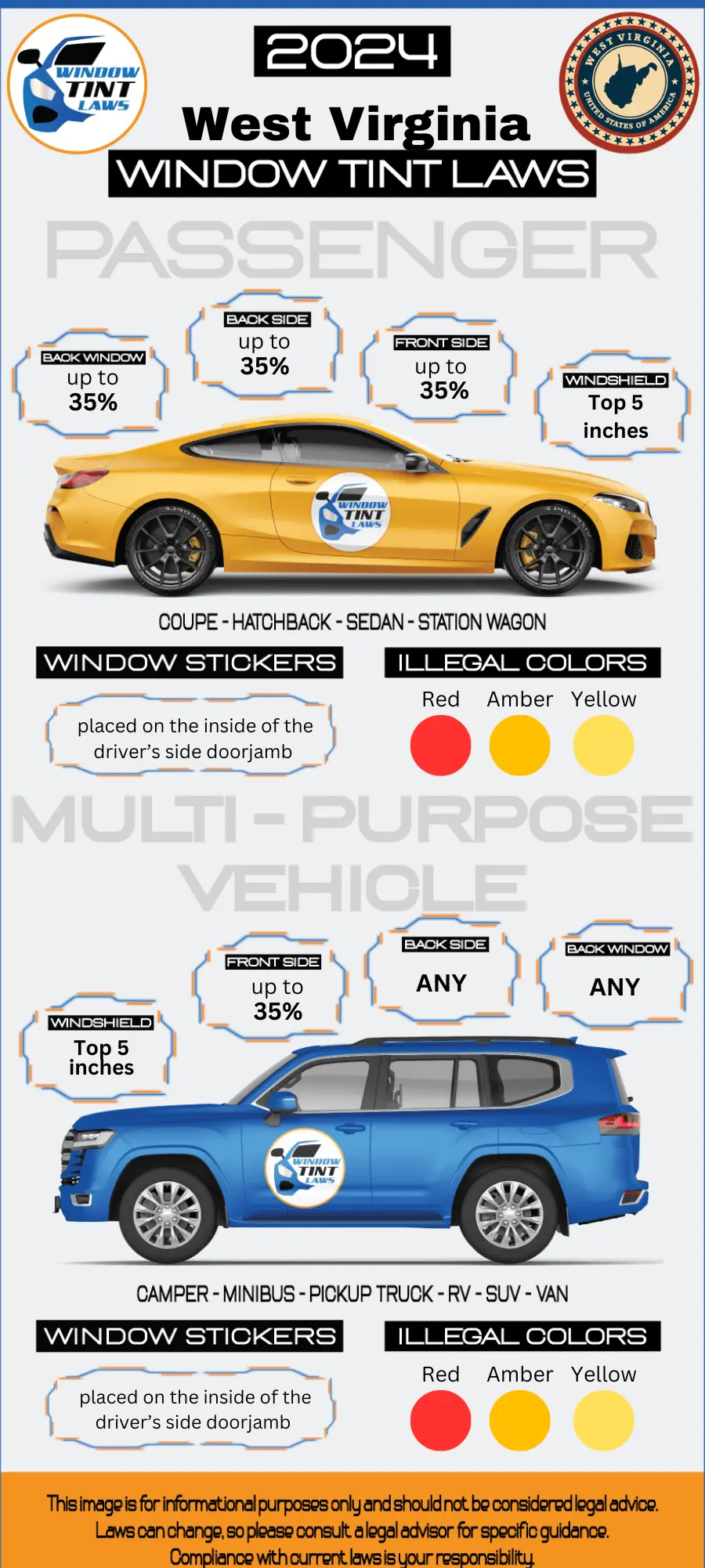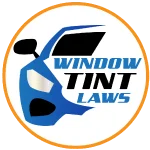

Article Created by Ryan Pietrzak
Last updated on February 5, 2024West Virginia Tint Laws – 2024 Updated Legal Tint Limit
Please note that West Virginia Tint Laws Regulation can change daily and may be interpreted differently at the city or county level. We recommend verifying this information with your local DMV or law enforcement agencies. We have manually fact-checked this content using official state resources. West Virginia enacted tinting laws in 1991. If any information provided is incorrect or outdated, please contact us so we can make the necessary corrections. Thank you.
2024 West Virginia Tint Laws – Legal Tint Limit For Passenger Vehicles
- Front Windshield: Non-reflective tint is allowed on the top 5 inches of the windshield.
- Front seat side windows: up to 35% tint darkness allowed
- Back seat side windows: up to 35% tint darkness allowed
- Rear window: up to 35% tint darkness allowed
2024 West Virginia Tint Laws – Legal Tint Limit For Multi-Purpose Vehicles
- Front Windshield: Non-reflective tint is allowed on the top 5 inches of the windshield.
- Front seat side windows: up to 35% tint darkness allowed
- Back seat side windows: Any tint darkness can be used
- Rear window: Any tint darkness can be used

- Medical exemptions: West Virginia tint laws permit darker tints on front side windows with a doctor’s note
- West Virginia tint law prohibits metallic or reflective tint on any of the windows
- West Virginia tint law is statewide with no additional local regulations
- Violating West Virginia tint laws you may be charged with a misdemeanor and fined. The cost of a window tint ticket in West Virginia can be up to $200 for each violation
What does VLT Mean according to West Virginia Tint Laws?
- Window tint film’s light transmission is measured as VLT (Visible Light Transmission) and each state has its own legal limits for VLT on car windows.
- A HIGHER VLT means that more light is allowed to pass through the window tint film.
- Example: a 75% tint will allow 75% of the light to pass through whereas a 5% tint will only allow 5% of the light to pass through, making the 5% tint a much darker film.
- West Virginia window tint laws has specific VLT limits for Passenger Vehicles and Multi-Purpose Vehicles.
FAQ’s Regarding West Virginia Tint Laws and West Virginia Legal Tint Limit
What is the darkest legal tint in West Virginia?
In West Virginia, the darkest legal tint for car windows allows for a minimum of 35% light transmittance. This rule applies to all passenger side windows of the car, for both passenger vehicles and multi-purpose vehicles like SUVs, vans, and trucks. For the front windshield, only the top five inches can be tinted, and this tint must be non-reflective
Are police exempt from window tint laws in West Virginia?
In West Virginia, law enforcement vehicles that are maintained by a law enforcement agency and used for law enforcement purposes are exempt from the standard window tint requirements. This exemption allows police vehicles to have window tints that may not necessarily comply with the regulations applicable to civilian vehicles.
How do I get a tint waiver in West Virginia?
To obtain a window tint waiver in West Virginia for medical reasons, you need a written certification from a licensed physician or optometrist. This certification must state that the specific window treatment or application is a medical necessity for you. The waiver then allows you to have a window tint that may not conform to the standard legal limits due to your medical condition.
How much is a tint ticket in West Virginia?
In West Virginia, if you are pulled over for having window tint that does not comply with the state’s regulations, you may be charged with a misdemeanor and fined. The cost of a window tint ticket in West Virginia can be up to $200 for each violation. It’s important to ensure that your window tint meets the state’s legal requirements to avoid such penalties.
Can you get pulled over for tint in West Virginia?
Yes, in West Virginia, you can be pulled over for having window tint that does not comply with the state’s tinting laws. If your vehicle’s windows are tinted beyond the legal limits, it can result in a traffic stop and potentially lead to a fine. The state has specific regulations regarding the allowable visible light transmission (VLT) through car windows, and failure to adhere to these rules can lead to enforcement actions by the police.
How to get a Tint Exemption in West Virginia
WV laws permit medical exemptions for motor vehicles in the name of a person or person’s legal guardian who has in their possession an affidavit signed by a physician or optometrist stating the person has a medical condition making it necessary to use darker or more reflective window tint.
The affidavit must be in the possession of the person so afflicted, or the person’s legal guardian, at all times while being transported in the motor vehicle.

Ryan Pietrzak
Creator of Windowtintlaws.us
